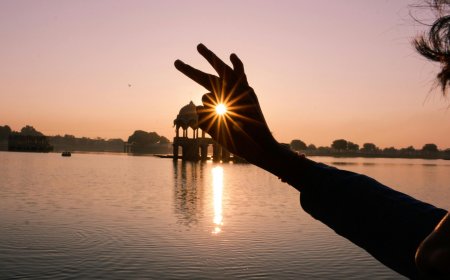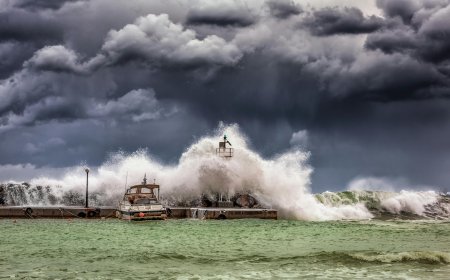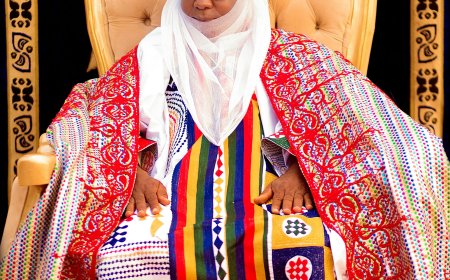Explorers Who Discovered New Continents
Discover the legendary explorers whose journeys unveiled new continents, reshaped maps, and expanded the horizons of human knowledge.

Throughout history, brave explorers have expanded the boundaries of the known world, risking lives and enduring harsh conditions to chart unknown lands. These pioneers not only discovered continents but also reshaped global trade, culture, and geopolitics.
Their journeys were fueled by curiosity, ambition, and a desire to understand the world — qualities that continue to inspire explorers, scientists, and adventurers today.
Christopher Columbus: Gateway to the Americas
Italian explorer Christopher Columbus (1451–1506) is credited with opening the Americas to European exploration in 1492. Sailing under the Spanish flag, Columbus’ voyages connected Europe with the New World, initiating cultural exchanges and economic transformation.
Though controversial due to the impact on indigenous populations, Columbus’ journey marked a pivotal moment in global history.
Ferdinand Magellan: Circumnavigating the Globe
Portuguese explorer Ferdinand Magellan (1480–1521) led the first expedition to circumnavigate the Earth, proving that the planet was round and interconnected. His daring voyage from 1519 to 1522 reshaped navigation, trade, and scientific understanding.
Magellan’s journey demonstrated the power of human determination in the face of unknown seas and perilous conditions.

Amerigo Vespucci: Namesake of a Continent
Italian navigator Amerigo Vespucci (1454–1512) explored the South American coast, recognizing it as a new continent distinct from Asia. His detailed letters and maps influenced European understanding of geography, leading to the Americas being named after him.
Vespucci’s observations were critical in redefining maps and expanding European knowledge of the New World.
James Cook: Charting the Pacific
British explorer James Cook (1728–1779) made significant contributions to mapping the Pacific Ocean, including Australia, New Zealand, and Hawaii. His voyages combined scientific observation with exploration, collecting flora, fauna, and cultural information.
Cook’s meticulous charts and records advanced navigation and set the standard for future exploratory expeditions.
Leif Erikson: Viking Discoverer of North America
Long before Columbus, Leif Erikson (c. 970–1020) sailed from Greenland to the northeastern coast of North America, establishing a Norse settlement called Vinland.
Erikson’s journeys highlight that exploration is a timeless human endeavor, driven by curiosity, trade, and survival.

Why These Explorers Matter
These explorers share a defining trait: courage to venture into the unknown. Their discoveries connected continents, inspired trade, and expanded human knowledge.
While the impacts of exploration are complex, including cultural exchanges and conflicts, the courage and curiosity of these pioneers continue to shape our understanding of the world.
FAQs
Q1: Who discovered the Americas?
A1: Christopher Columbus is credited with European discovery of the Americas in 1492, though indigenous peoples had long inhabited the continents.
Q2: What was Ferdinand Magellan’s major achievement?
A2: He led the first expedition to circumnavigate the globe, proving the Earth is round and connected.
Q3: Why is Amerigo Vespucci important?
A3: Vespucci recognized South America as a new continent, leading to the Americas being named after him.
Q4: What did James Cook accomplish?
A4: Cook mapped the Pacific Ocean, including Australia, New Zealand, and Hawaii, advancing scientific exploration.
Q5: Who was the first European to reach North America?
A5: Leif Erikson, a Viking explorer, reached North America around 1000 AD, establishing Vinland.
What's Your Reaction?
 Like
0
Like
0
 Dislike
0
Dislike
0
 Love
0
Love
0
 Funny
0
Funny
0
 Angry
0
Angry
0
 Sad
0
Sad
0
 Wow
0
Wow
0





































































